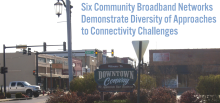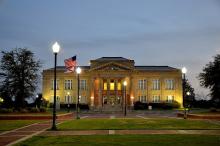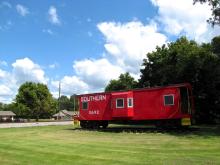Alabama, New Mexico Voters Eye Constitutional Amendments for Broadband Funding
Alabama and New Mexico voters will soon be given the midterm option of changing their state constitutions to help boost broadband funding and deployment, albeit in notably different ways.
In Alabama, voters will head to the polls on November 8th to vote on a Broadband Internet Infrastructure Funding Amendment that would amend the state's constitution "to allow local governments to use funding provided for broadband internet infrastructure under the American Rescue Plan Act (ARPA) and award such funds to public or private entities."
County leaders have spent much of this year warning that Section 94 of the Alabama Constitution bans the state from granting public money or “things of value” to local governments for public and private use. That’s a significant problem when it comes to the $276 million in ARPA funds Alabama Governor Kay Ivey earmarked for broadband expansion last March.
Programs such as the USDA’s ReConnect and the FCC’s Rural Digital Opportunity Fund (RDOF) haven’t run afoul of the Alabama Constitution because they both involve the federal government directly doling out funds for broadband expansion. But ARPA funding allows local municipalities to distribute a portion of state-allocated funds.









